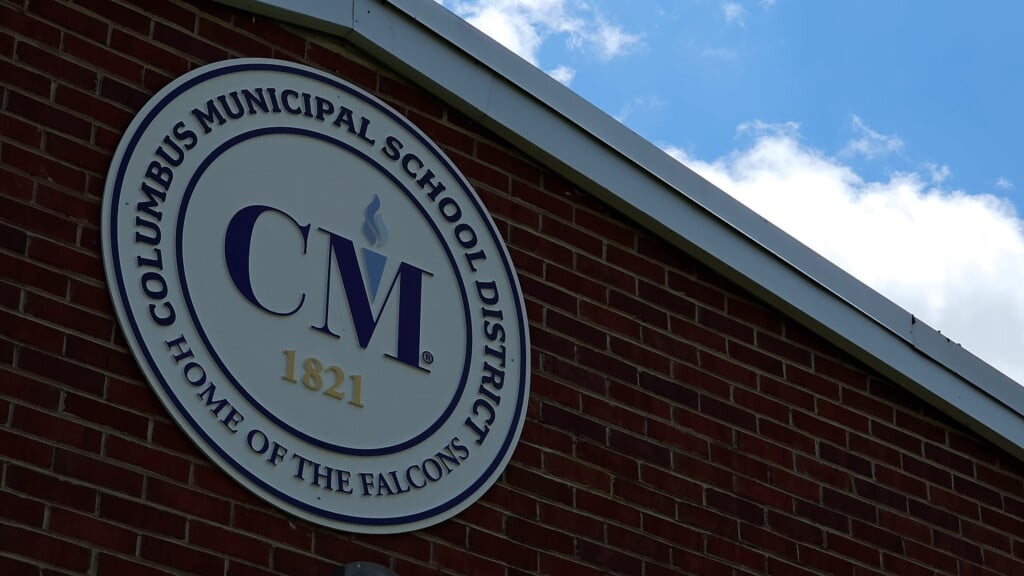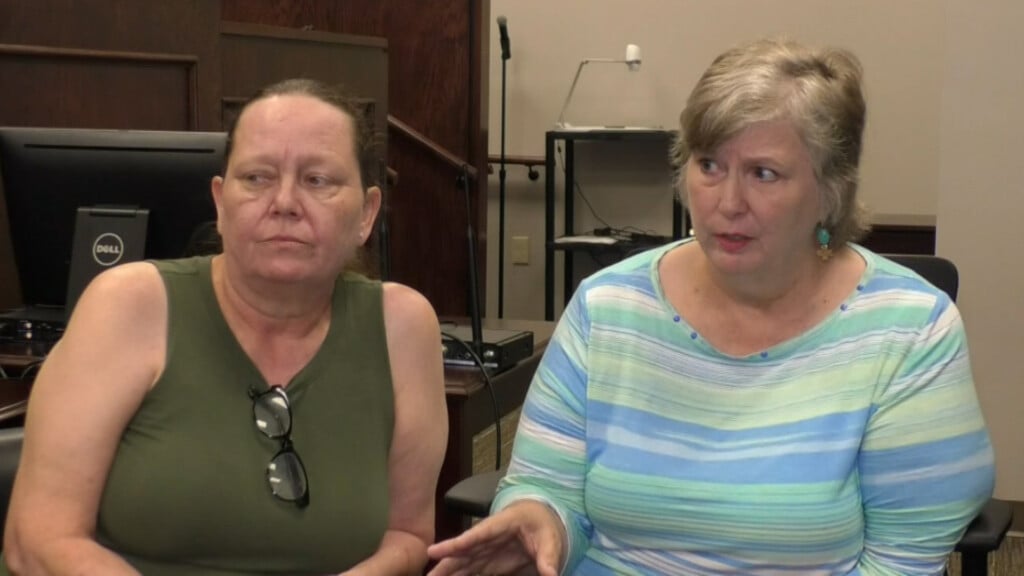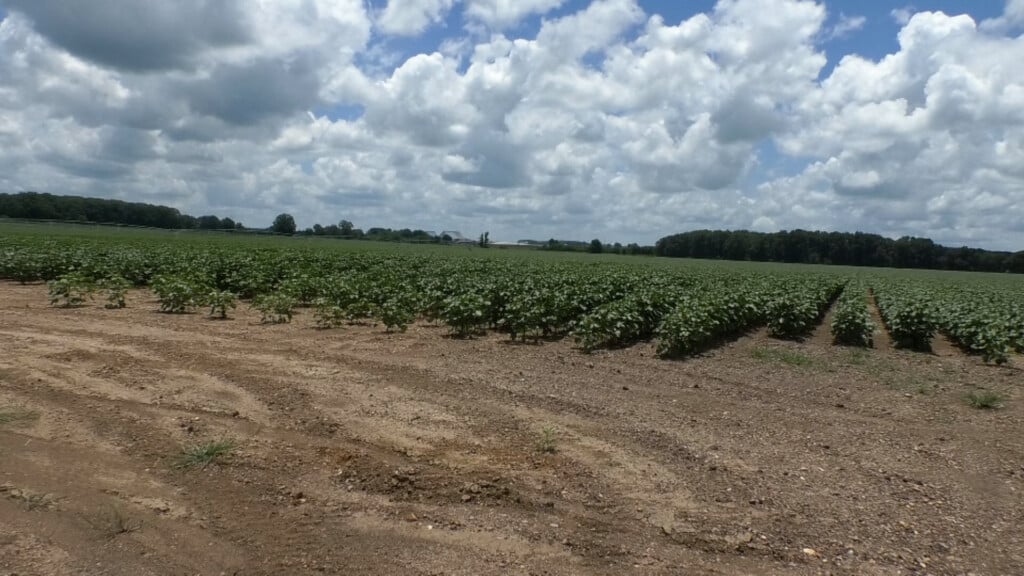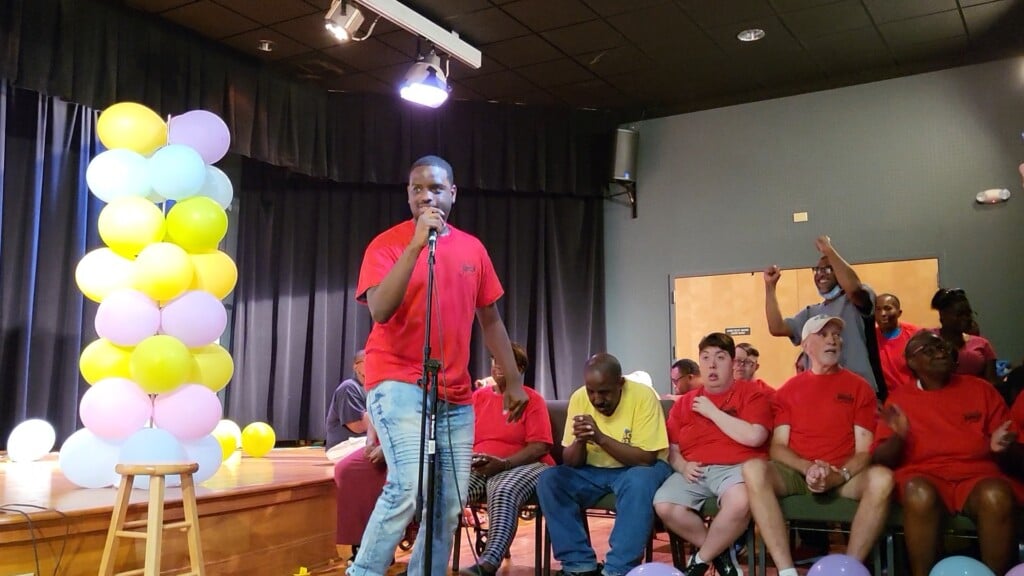VIDEO: Local Archaeologist Work With Law Enforcement
GOLDEN TRIANGLE, Miss. (WCBI) – In the past few weeks, several area law enforcement agencies have been dealing with cases involving human remains..
When decomposition makes it too difficult for police to identify the victim, they call in a specialist.
It’s an interesting relationship and also one that makes sense.
When situations go beyond expertise, law enforcement calls in the people who actually study skeletal structures.
It’s a relationship that benefits both police and archaeologists.
“It’s something that’s not typically covered in the training of law enforcement officers to identify human remains, whereas that’s specialized training that’s provided within biological anthropology and archaeology,” said Associate Professor of Anthropology, Molly Zuckerman.
Law enforcement agencies in the Golden Triangle have an edge when these cases come up, Mississippi State’s Cobb Institute of Archaeology.
“The state does have a hired forensic anthropologist in Jackson. However, having to wait on that person to come all the way from jackson, you’re talking thee or four hours, whereas we have these guys right here. We work close with them; they’re in our community,” said Oktibbeha County Coroner, Michael Hunt.
When it comes to drawing conclusions from bones found in the area, University professors help identify features that can determine cause of death or even if the bones are human.
“There can be a lot of confusion with certain skeletal elements, whether it’s human or whether it belongs to an animal,” said archaeologist and Coordinator of Cobb Institute Outreach, Derek Anderson.
“Bear remains, deer remains, and sometimes even sometimes Halloween decor is confused with human remains. So we would be able to further confirm that,” continued Zuckerman.
“…and if skeletal remains, they’re able to view the bodies and determine, you know, if there’s any fractures of skeletal remains that we don’t see or any changes or anything like that in the skeletal system that would benefit us to determine what caused death,” said Hunt.
MSU students also benefit from the experience.
“A lot of our students in the B.A. Program in anthropology as well as the masters in applied anthropology program do go on to careers within forensics as well as with working with archaeological firms to identify and study human remains when they’re impacted by development or archaeological excavation,” said Zuckerman.
“Their students come in. If we have to do a grid search for remains, they are always willing to help and very informative,” said Hunt.
Both parties are grateful for the opportunity.
“..To help out with community efforts and identifying people and recovering materials in a way that’s going to help, either with court cases or with families looking for closure and that sort of thing, it’s very rewarding,” said Anderson.





Leave a Reply